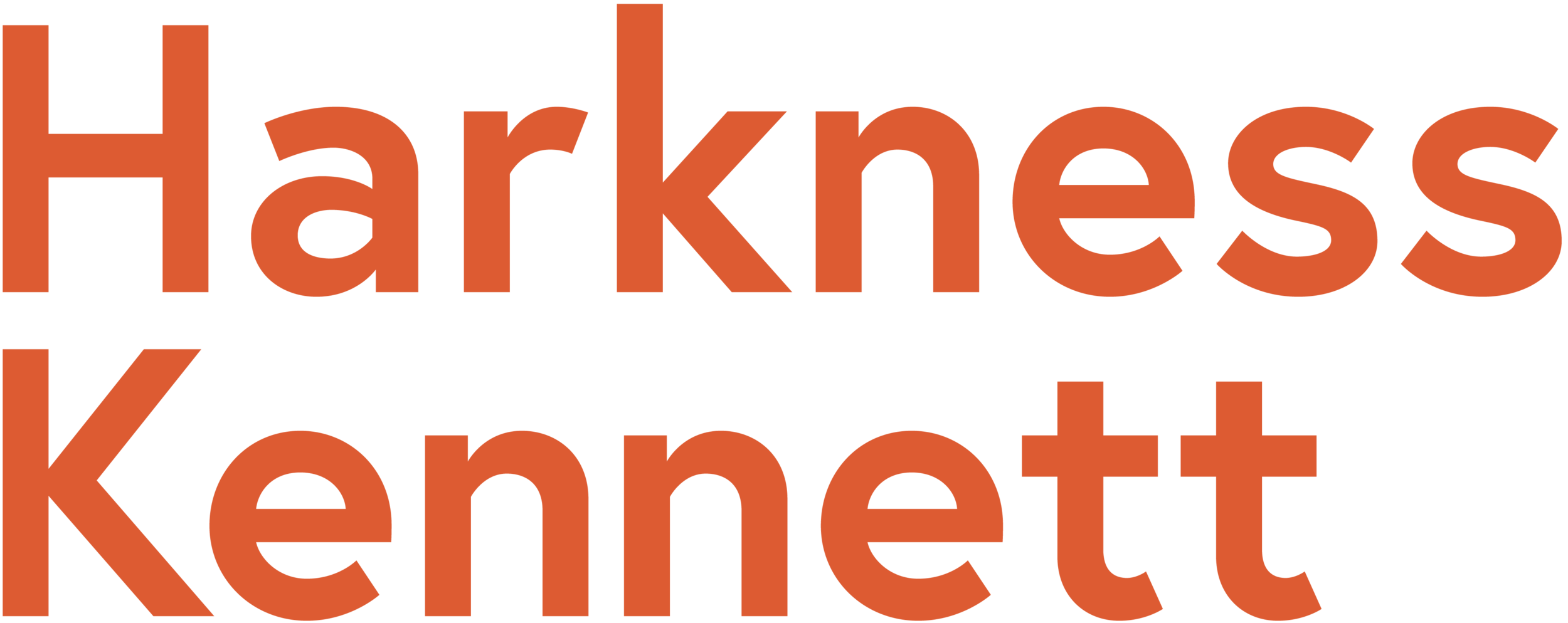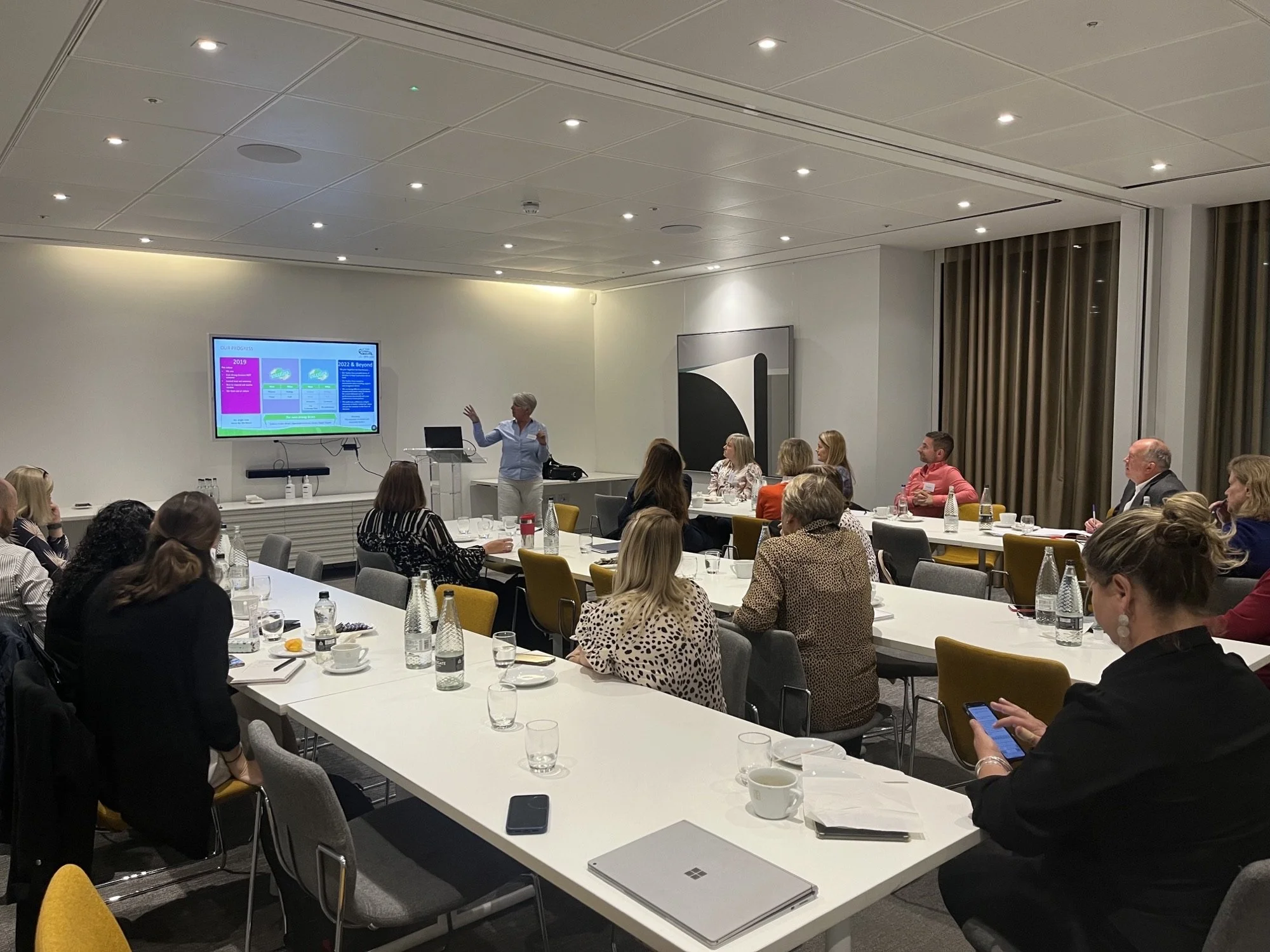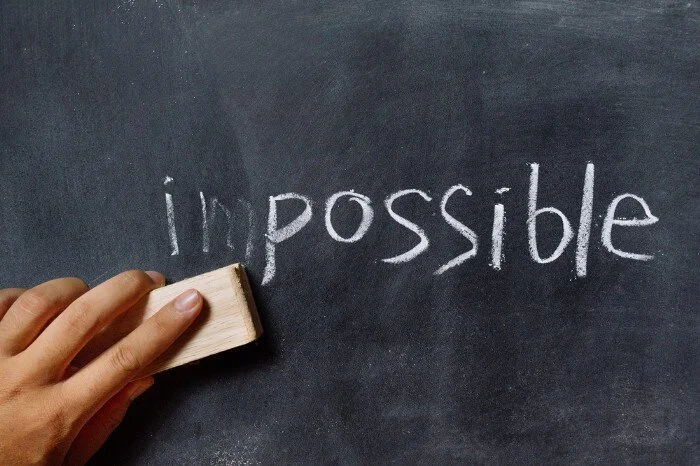How to find work and what to do while you’re searching
Let’s face it; 2020 has not been the best year. And for anyone who has lost their job, or not had their contract renewed, things must seem even more challenging. This weekend’s announcement of a second national lockdown in the UK is yet another example of how we are continually being asked to adapt.
Without doubt we’ve seen an increase in communicators registering with us for work, and sadly a reduction in available roles. We’re regularly asked about the job market, and you can sense the holding of breath whilst the enquirer waits to hear the worst. Well, what I’d say is that it’s been tough, but there is some light glimmering as we make our way through this ever changing business landscape.
Some sectors are clearly finding this tougher than others, but the need to clearly communicate with colleagues who are being asked to work differently in an exponential number of ways is true for all. Just as individuals have had to learn to re-plan at a moment’s notice, organisations too are learning to live with the uncertainty and, to some degree, press on anyway.
Contractors amongst you will know the impact that IR35 was having in the first quarter of 2020; the delay to April 2021 is still inhibiting some employers from hiring personal service contractors. As a result, we’ve been placing more people into FTC and permanent roles – and have been encouraged by a recent increase in those roles.
We know that things will be up and down for some time, so here are my tips on how to keep balance in your own search for work. This is based on my many conversations with contractors and candidates over the years as well as during this pandemic:
Keep the faith, you will find a new job. Try not to create a deadline for this. The world is so changeable right now; if you fail to meet a self-imposed deadline it will be unnecessarily upsetting, and most likely nothing to do with you and your abilities
Use your network. Speak to old colleagues, your peers in other organisations and agencies like ours. You never know where your next opportunity will come from
LinkedIn: resist the urge to put ‘immediately available’ on your profile. But do look at the built-in recruitment section and take time each day to read the posts on your home page. It’s a useful source of articles, courses and thought leadership, and is a great opportunity to connect with people in a meaningful way, by simply joining the conversation. You never know where it may lead
Be careful with ‘online applications’ designed to encourage large numbers of applicants. Feedback from many excellent candidates is that they often get overlooked for roles that they are more than qualified for when it’s a numbers game
Look at the online training available, much of it free! Aim for one piece of learning each week and keep note of what you’ve done so you’ll have something new to chat about at interviews. If you can find a short course that will lead to an accreditation all the better
Spruce up your CV. There’s never normally time for a rethink so make the most of that time now
Get ready early for online interviews. Most interviews are online now, so get ready before the interview stage. Check your webcam works, find a good place to have the interview and manage your background. Make sure you’re comfortable too, maybe sit in an armchair, and make sure your chair doesn’t creak as you move! Remove distractions: unplug your phone and the doorbell, turn off your mobile and ask your neighbour to have the dog 😊
Run a technical test interview. If you’ve got an interview on a platform that you’ve not used before, find someone who has that platform to run a trial session with
Be prepared and early! Make sure you’re as prepared as you would be for a face to face interview. Researching the role and company goes without saying, but make sure you’re dressed the part too. And be ready and in the waiting room early!
Lastly, don’t make everything about your pursuit of work. Whilst many of us are limited in what we can do currently, we can still take some time to do things that make us happy. Have a lie in (only once or twice a week!), read that book you’ve been meaning to read, take a walk on the beach, learn how to bake bread - whatever floats your boat! It’s an investment in you – so that when you do get an interview you look happy, refreshed and raring to go.
Good luck! If you’d like some help looking for your next role (or your next comms specialist!) do get in touch.
Published by Nicky






























